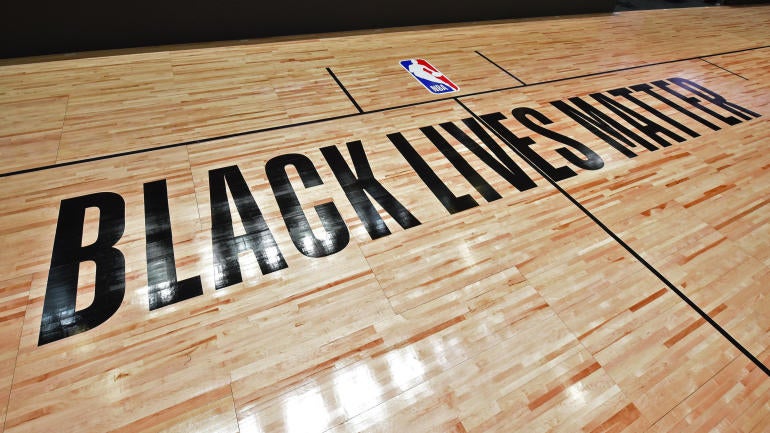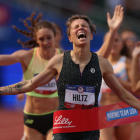
The Milwaukee Bucks boycotted Game 5 of their playoff series against the Orlando Magic on Wednesday, refusing to come out of their locker room. This decision was made to send a message following the shooting of Jacob Blake in Kenosha, Wisconsin. As a result, the game was postponed. Afterwards, the two other NBA playoff games that were schedule were also not played.
In the wake of the NBA's decision, three WNBA games, three Major League Baseball games, and five MLS games were postponed as a result of the situation concerning racial equality and police violence in the United States.
This is not the first time athletes have protested. In 2016, San Francisco 49ers quarterback Colin Kaepernick chose to sit on the bench during the national anthem of a preseason game to protest racial equality. It eventually led to Kaepernick taking a knee rather than sitting on the bench.
In 2014, NBA players were planning on boycotting first round playoff games after Los Angeles Clippers owner Donald Sterling made racist comments. However, the boycott never happened because NBA Commissioner Adam Silver banned Sterling for life and forced him to sell the Clippers. But even long before 2014, NBA players made a monumental statement at the 1964 All-Star Game.
All of those examples are different than what were are currently witnessing, however. A league-wide protest by NBA players that has halted games is its own kind of history. Here's a look at other notables boycotts in sports history:
1980 Summer Olympics
President Jimmy Carter boycotted the 1980 Summer Olympic in Moscow as a result of the Soviet Union invading Afghanistan. Carter initially attempted to urge the International Olympic Committee to move the 1980 Summer Games, but that never happened. Just months earlier, the United States men's team, which was known as the "Miracle on Ice," upset the Soviet Union at the 1980 Winter Olympics in Lake Placid, New York.
1984 Summer Olympics
As a result of President Carter boycotting the 1980 Summer Olympics, the Soviet Union returned the favor during the 1984 Summer Olympics in Los Angeles. Even with the Soviet Union boycotting the 1984 Summer Games, a record 140 countries still participated.
1976 Summer Olympics
More than 30 countries ended up boycotting the 1976 Summer Olympics in Montreal as a result of the IOC refusing to ban New Zealand. Countries wanted New Zealand banned after their national rugby team had toured South Africa earlier that year despite the United Nations calling for a sporting embargo. The countries that boycotted were against the racial segregation and discrimination that was happening in South Africa.
1973 Wimbledon
In total, 81 of the tennis world's top players -- including Arthur Ashe, John Newcombe and Stan Smith -- ended up boycotting Wimbledon in 1973. It resulted from a situation between the union of professional tennis players and ATP. This came after Niki Pilic was suspended by the Yugoslavian tennis federation for not playing in a Yugoslav Davis Cup against New Zealand. Wimbledon ended up honoring Pilic's suspension and didn't allow him to play in the grand slam tournament.
Serena Williams, Venus Williams boycott Indian Wells for 14 years
From 2001-2015, Serena and Venus Williams boycotted the Indian Wells tournament as a result of allegations of racism. In March 2001, Venus Williams withdrew from her semifinal match against her sister due to tendinitis. Elena Dementieva then speculated that their father, Richard, fixed the last-minute pullout. During Serena's final round matchup with Kim Clijsters (which Williams won), she was constantly booed by a predominantly white crowd. Richard even said he heard racial slurs while walking through the crowd with Venus at one point. As a result, the sisters did not play in the tournament for another 14 years.
















